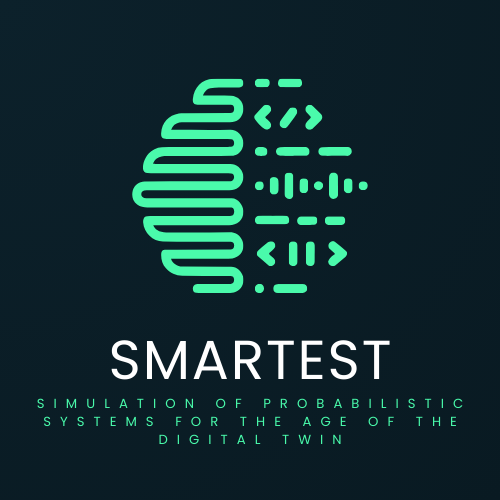Project summary
The current digital transition reinforces industrial innovation and entrepreneurial economy, along with social and associated educational aims, and it encourages further investment in cutting-edge technologies. A core element of such an accelerated innovation process is represented by the so-called Industry 4.0, which denotes the integration of industrial processes with digital tools. A novel methodology developed to this aim is the Digital Twin (DT) – a term coined in 2001 by pioneering technologist Michael Grieves – denoting digital replicas of physical systems. They serve to test and understand how the systems and products of a company might behave during their lifecycle. To this purpose, virtual environments and digital simulations are used, aided by data-driven algorithms. The DT strategy is largely endorsed at European level, with projects as diverse as mapping the Earth and the Ocean to the support of SMEs, and it is at the basis of the Italian Recovery and Resilience Program (PNRR) for the Transition 4.0 area.
A major hurdle towards the efficient and safe deployment of processes realised by a digital twin in real production is represented by the ability to formulate essential properties to be represented by the simulation and to verify that they are also correctly satisfied by the real-world artefact. This is especially true when Machine Learning (ML) and Deep Learning (DL) algorithms intervene in the simulation process and huge amounts of data are used to draw correlations about potential behaviours of the system under analysis.
Research in formal ontology, logic and multi-agent systems has long investigated the formal representation of artefacts and relations among them, as well as the ability to verify their properties. These fields have recently extended their research towards probabilistic systems to account for AI models. This project aims at extending existing ontological, epistemological, and formal analyses of relations of copy, replica, and counterpart of physical artefacts for the digital twin vision in industry, and in particular for probabilistic systems as they are implemented in AI technologies. Strengthening and extending current research, we will offer a philosophical and algorithmic analysis of properties and their verification to guarantee the reliable transfer between a digital artefact and a physical one.
The project will contribute to a better understanding and safer deployment of the digital transition underpinned by the latest European political and economical development plans.
SMARTEST is funded by the Ministry of University and Research (MUR) through the scheme PRIN 2022
News and Events
Contact us
Dipartimento di Filosofia, Università degli Studi di Milano, via Festa del Perdono 7, 20122 Milano, Italy










